Neuroscience
The Graduate School of Neuroscience aims to educate and train future highly qualified neuroscientists and provides outstanding research Master and PhD programmes to cover all aspects of neurosciences in an international and stimulating environment.
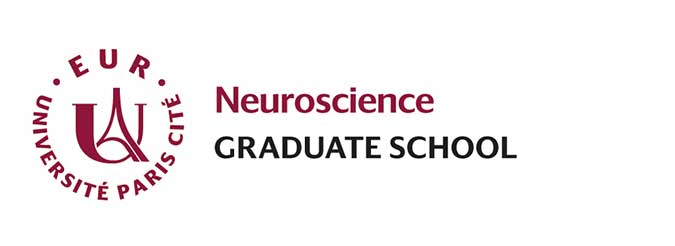
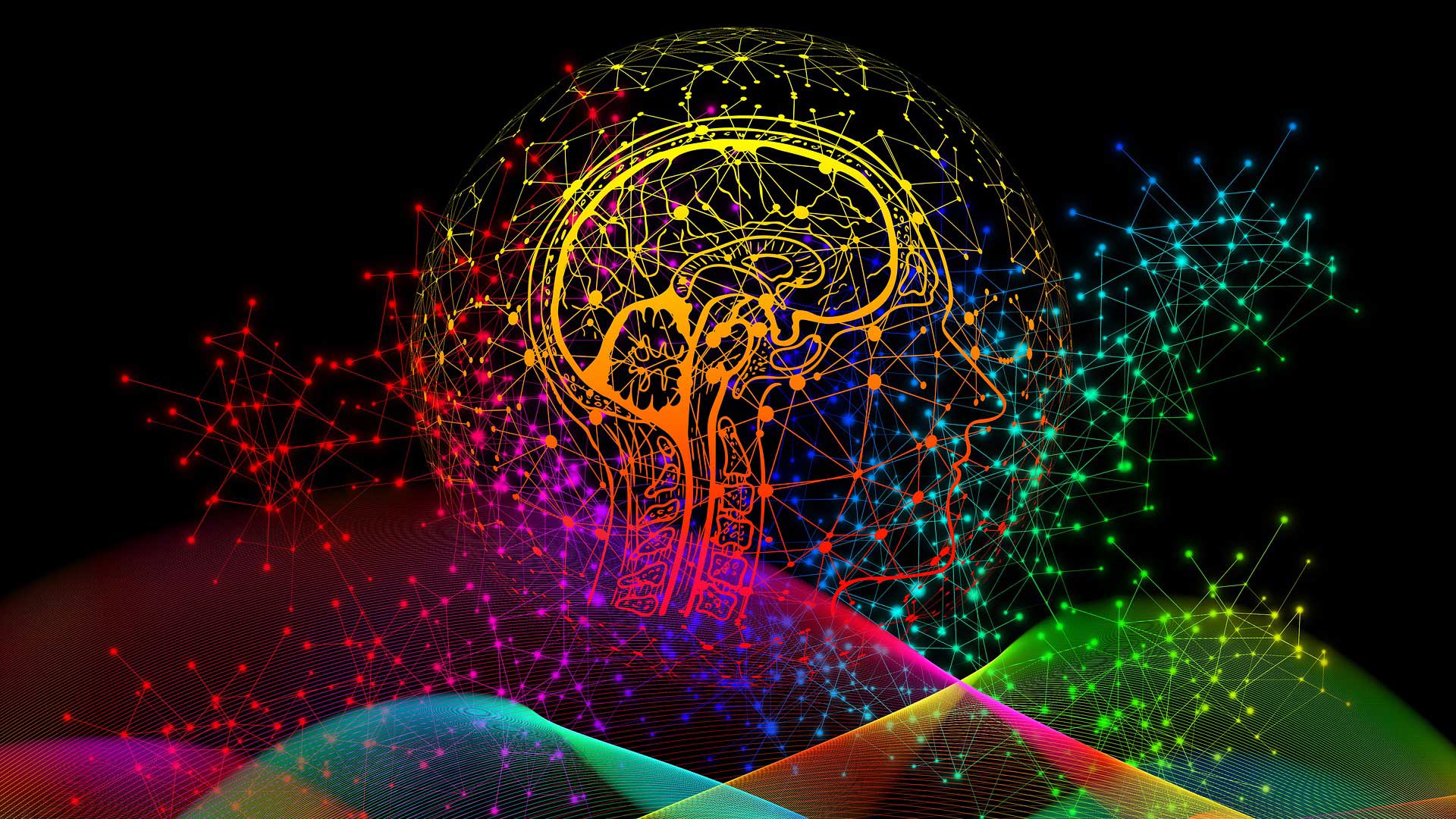
Presentation
Along with outstanding research teams, the Graduate School of Neuroscience promotes: interdisciplinarity, covers basic research, engineering, preclinical and clinical research in the field of neuroscience.
It benefits from strong international networks and from SMARTS-UP grants to welcome international students and supports Master’s internships abroad. Our three Master’s programmes are complementary. Along the year, different events are organised to promote research in neuroscience, student’s life and networking between different masters, alumni and professionals to facilitate their employment after a Master and/or PhD.
If you would like to get closer to the students of our Graduate School, you can contact our Neuroscience Master and Doctoral students Association (NMDA).
Masters
Three international Master’s programmes:
Research
Below the list of the Graduate School of Neuroscience’s main laboratories and doctoral schools.
Laboratories
INSERM UNITS:
- T3S – environmental Toxicity, Therapeutic Targets, cellular Signaling and Biomarker (UMR 1124)
- Institut Cochin (U567, UMR 8104)
- Institut Imagine (UMR 1163)
- INEM – Institut Necker Enfants Malades – Cell Biology Department (UMR 1151)
- IPNP – Institute of Psychiatry and Neuroscience of Paris (U1266)
- IRCM – Lab RadioPathology-LRP (UMR SGCSR U1274)
- LVTS – Laboratory for Vascular Translational Science (UMR 1148)
- Neurodiderot (UMR 1141)
- Therapeutic optimization in Neuropsychopharmacology (UMR 1144)
CNRS UNITS:
- BFA – Unit of Functional and Adaptive Biolog (UMR 8251)
- Centre Borelli (UMR 9010)
- Epigenetics and cell fate (UMR 7216)
- Human Genetics Lab and cognitive functions – Institut Pasteur (UMR 3751)
- INCC – Integrative Neuroscience and Cognition Center (UMR 8002)
- Institut Jacques Monod (UMR 7592)
- SPPIN – Saints-Pères Paris Institute for the Neurosciences (UMR 8003)
Doctoral schools
The Graduate School of Neuroscience is affiliated to three main PhD schools:
Executives
The Coordinators of the Graduate School of Neuroscience:
- Faculty of Science
- Prof. Mehrnaz JAFARIAN-TEHRANI
UFR Basic and Biomedical Sciences - Dr. Delphine MEFFRE
UFR Basic and Biomedical Sciences - Prof. Giuseppe GANGAROSSA
UFR Life Sciences
- Prof. Mehrnaz JAFARIAN-TEHRANI
- Faculty of Health
- Prof. Philip GORWOOD
Administrative project manager: Martin DEOTTO
Steering Committee:
- Prof. Sophie BERNARD
- Prof. Frédéric CHARBONNIER
- Prof. Philip GORWOOD
- Prof. Pierre GRESSENS
- Prof. Mehrnaz JAFARIAN-TEHRANI
- Dr. Thierry GALLI
- Prof. Charbel MASSAAD
- Prof. Claire SERGENT
- Dr. Delphine MEFFRE
- Prof. Giuseppe GANGAROSSA
À lire aussi
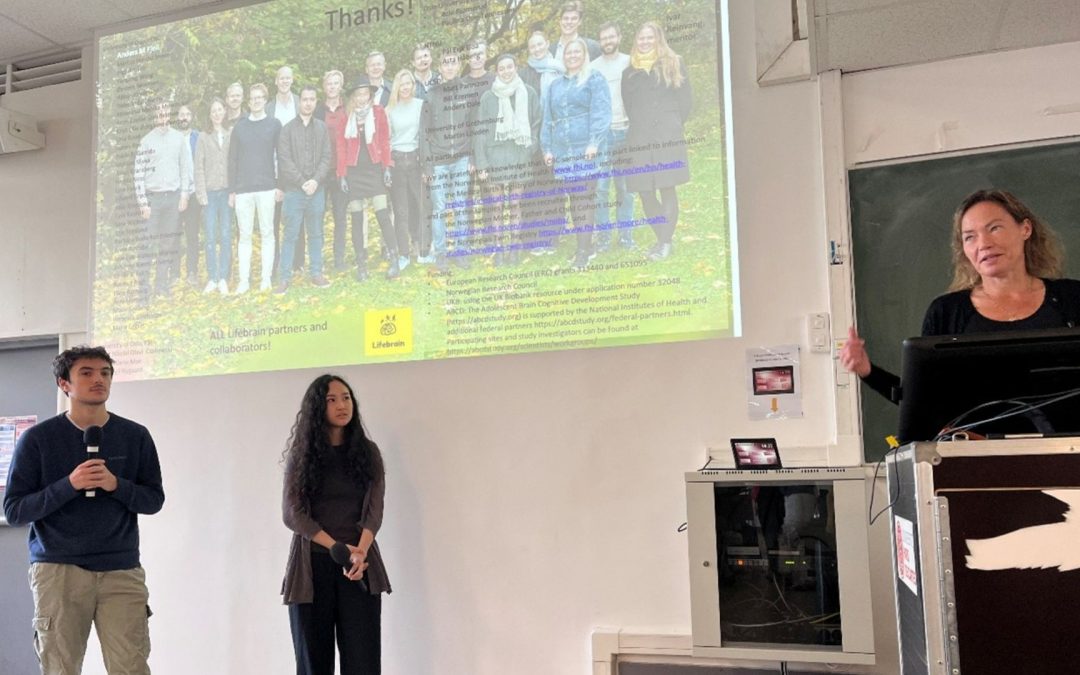
INC Day 2025: an international scientific day dedicated to neuroscience
The Neuroscience and Cognition Institute of Université Paris Cité (INC) organized a new edition of the INC Day, focused on neurodevelopmental trajectories. A key partner of the event, the Graduate School Neuroscience invited its first year and second year master...
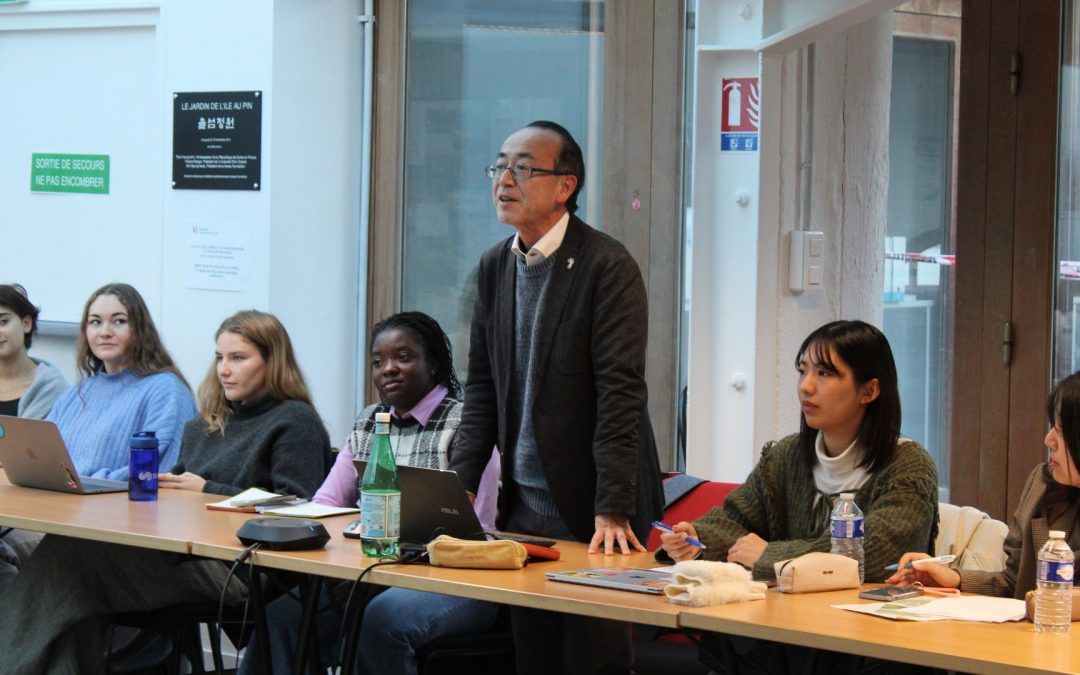
KEYS 2025 International Conference: A Franco-Japanese Meeting on Ecological Transitions with the University of Kitakyushu
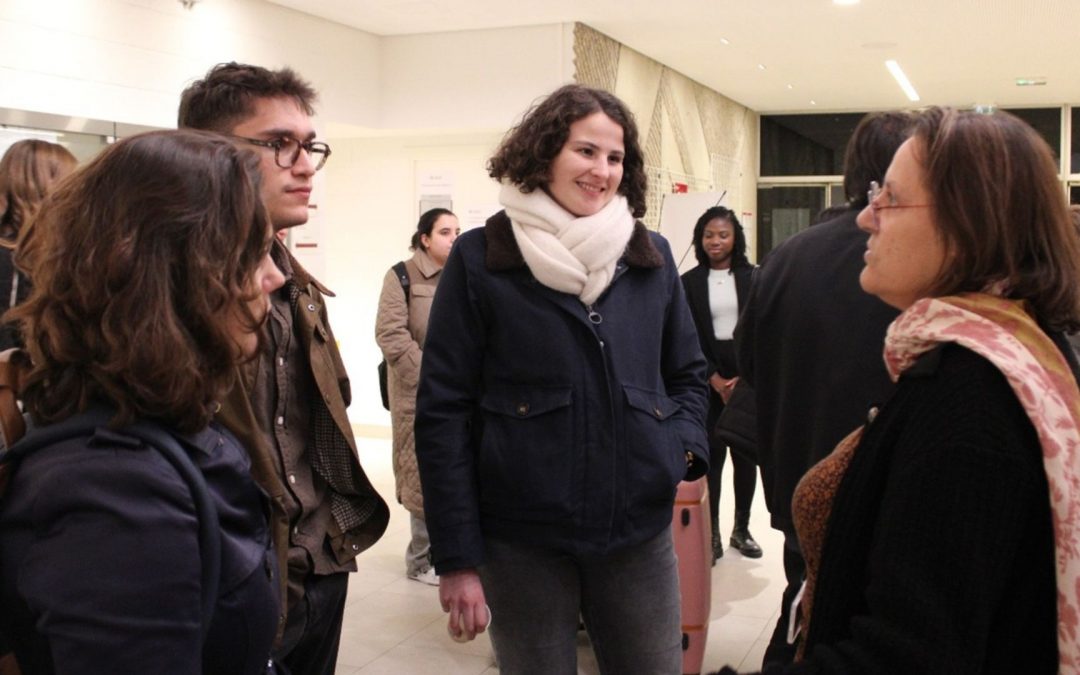
“Open UE”: looking back on an interdisciplinary adventure organised by the Cardiovascular Sciences Graduate School
The “open UE”, launched by the Graduate School Cardiovascular Sciences, brought together researchers, clinicians, and experts from diverse fields for a week to explore major issues in biomedical and translational research. Open to all students across the 29 Graduate Schools of Université Paris Cité, it offered a unique space for learning and interdisciplinary exchange.
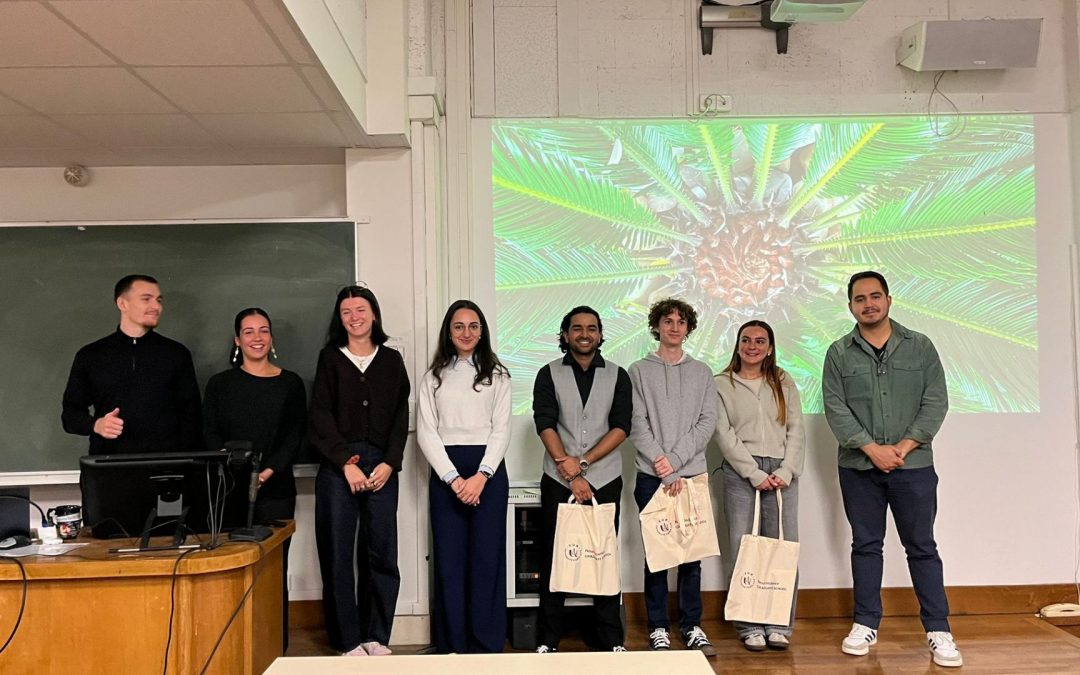
Scientific event: the Neuroscience Graduate School highlights its young researchers
The Neuroscience Graduate School held the third edition of its scientific event, giving students from across the Graduate School the opportunity to present their research work. This now-established meeting has become a key moment for bringing together Master’s...
